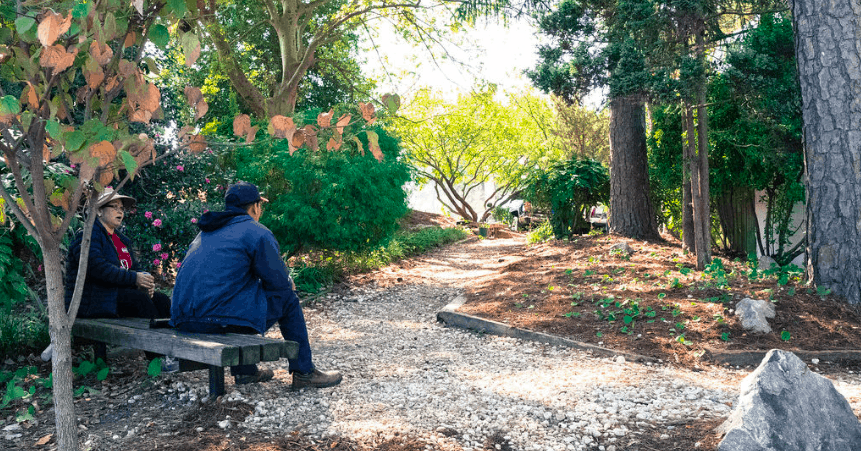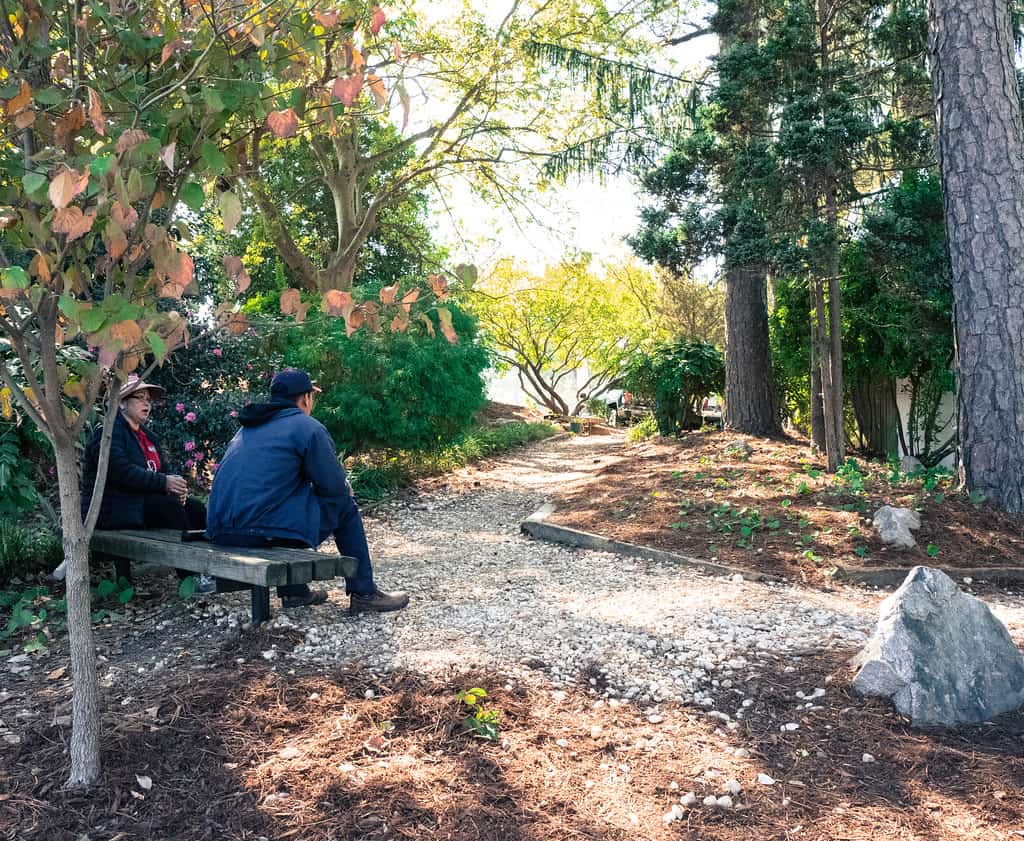
It’s beneficial to unplug and create sacred spaces. Here are some tips for doing so.
In my previous post, I discussed why we need to unplug to create sacred spaces. In this post, I want to offer some tips on how to unplug to create sacred spaces. You might rightly ask, “Why bother to create sacred spaces?” In short, the goal is to create a more balanced life so that we can reap more of the benefits of our screens and minimize the negatives. This leads to us being happier as well as others being happier because happiness is interconnected.
Don’t worry, we don’t have to toss out our smartphones or shut down our social media accounts. Even small changes can yield big payoffs in terms of increased happiness and productivity.
Carving out sacred spaces is certainly becoming increasingly difficult! Our screen use is seeping into every aspect of our lives. The islands of time that we are screen-free are shrinking. We must make a conscious effort to create (or preserve) these sacred spaces because the temptation to be on our screens grows with every passing year. How are we going to recharge and rejuvenate through sacred spaces if we don’t unplug long enough to do so? Here are some tips to help. Remember that we aren’t going to do this perfectly, but “good enough” will still make a difference.
Tips For Creating Sacred Spaces In Your Life
Turn off and put away cells phones when spending time with family and friends. Ideally, it is best if our smartphones are completely out of sight. Just seeing a phone reminds us of the millions of other things we could be doing instead of what we are doing. We must remember though that when we are with our friends and family, the most important thing is to connect with them. Research indicates that the mere presence of smartphones interferes with the quality of social interactions. We need to unplug to connect! The most powerful gift we can give people is our undivided attention. Our kids need it most of all.
- When we walk, just walk. When we look up from our devices long enough while walking, we are likely to see many others with their eyes looking at their devices. By default, we should put our devices away when we are walking. We should look at our surroundings and the people around us, make eye contact, and even say hello to strangers…or friends and neighbors! How can we “stop and smell the roses” if we don’t even see those roses? Moreover, distracted walking can increase the risk of injuries and accidents.
- No screens present at meals. This applies to dinner at home or when eating out. We need to use meal times to savor the food, the atmosphere, and the company of others. Historically, breaking bread and sharing food was a communal bonding activity. So, we should turn off or silence our phones and keep them out of sight when dinning.
- Unplug while working out. Do not let your workout be interrupted by texts, social media, calls, or emails. This is your self-care time. Music, podcasts, and audiobooks can be fine at times, but at least put your phone on airplane mode so you won’t send and receive messages. If you can get a dedicated music player instead, then the temptation to check the phone is removed altogether. For portions of your workouts, unplug completely. Focus your attention on your breathing, how your body feels, the sights and sounds around you, or just let your mind float. And if you have a workout or running buddy, by all means, put away your phone and earbuds and connect with him or her!
- No TVs, game systems, or computers in the bedrooms. Yes, it’s easy enough to take our devices to the bedroom, but let’s keep those larger devices out of bedrooms. Bedrooms are for sleeping, reading, and…other stuff. When it comes to phones and tablets, I recommend that those be kept out of bedrooms as much as possible. At least if you do have them in the bedroom , turn them off by a certain time at night. If you like to read ebooks in bed, get a dedicated reader like a Kindle Paperwhite. That way, there’s no temptation to check email, social media, newsfeeds, etc.
- Devices must be out of ALL bedrooms by a certain time of night. So, teens should NOT have their cell phones in their bedrooms past a certain time of night. The temptation to check them is simply too great. Even the presence of screens in bedrooms disrupts sleep. Moreover, the blue light of screens suppresses melatonin, which disrupts our sleep-wake cycle. Adults should abide by this rule as well. Sleep, of course, is essential to our physical and psychological well-being. We can always get a regular alarm clock or use an old phone that no longer has cellular or Wi-Fi service as an alarm clock.
- Go for periodic walks throughout the day for about 5-10 minutes without any device. Just walk, breath, observe the clouds and your surroundings, listen to the sounds of nature, etc.
- Engage in hobbies on a daily basis screen-free. Whether we garden, paint, meditate, or read, we should aim to carve out time every day to engage in some sort of hobby/self-care activity without our devices. Leave the phone silenced and out of sight during that time.
- No phones while driving. Distracted driving greatly increases the likelihood of accidents. For iPhone users, enable the “Do Not Disturb While Driving” feature. For Android phone users, install an app, like Driving Detective. Note that even hands-free phone calls increase the risk of accidents, so we should refrain from these as well. If we really need to make a call, it’s best to pull into a parking or wait until we get to our destination to do so.
- No electronic devices in the bathroom. There are many reasons not to use smartphones and tablets in the bathroom that have to do with hygiene and the bacteria that accumulate on our devices. And don’t let your kids start. It’s easier to prevent a bad habit than to stop one once it has started. Have some books and magazines handy in the bathroom instead.
- Resist the temptation to capture every moment. It’s great to take some photos when on family outings or with friends, but then we should put the phone away. After getting a few quick photos, we should turn our attention to experiencing each other and the reasons that we are on the vacation/outing to begin with.
- Use screens purposefully. Consider this a “meta” strategy. Instead of reflexively looking at our devices, we should instead use them for a specific purpose and then put them away. We should avoid using them by default — reaching for them the moment we are bored or have downtime.
The Takeaway
We now live in a hyper-connected world that is very different from that of our evolutionary heritage. Our hunter-gatherer ancestors spent most of their time in relative quiet. The only sights and sounds were of nature and each other. The level of stimulation that we are now getting is similar to how we consume too much food. Just as Americans consume far too many calories and this has contributed to an obesity epidemic, we are now “consuming” too much screen time. The average American spends over 10 hours per daylooking at a screen. Carving out sacred spaces allows us to recharge ourbatteries. This will improve our well-being and allow us to capitalize more on the positives of screens and reduce some of the negatives that often come from overuse. So, since you finished reading this blogpost — time to unplug for a bit. I am!

